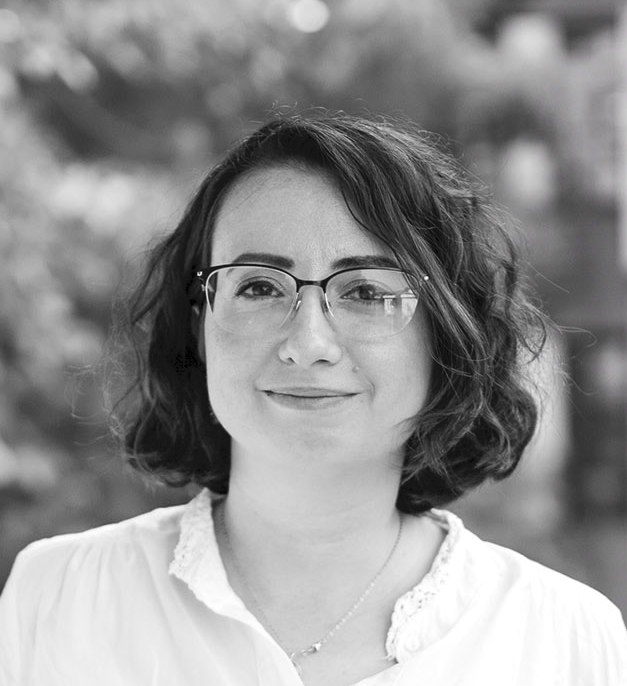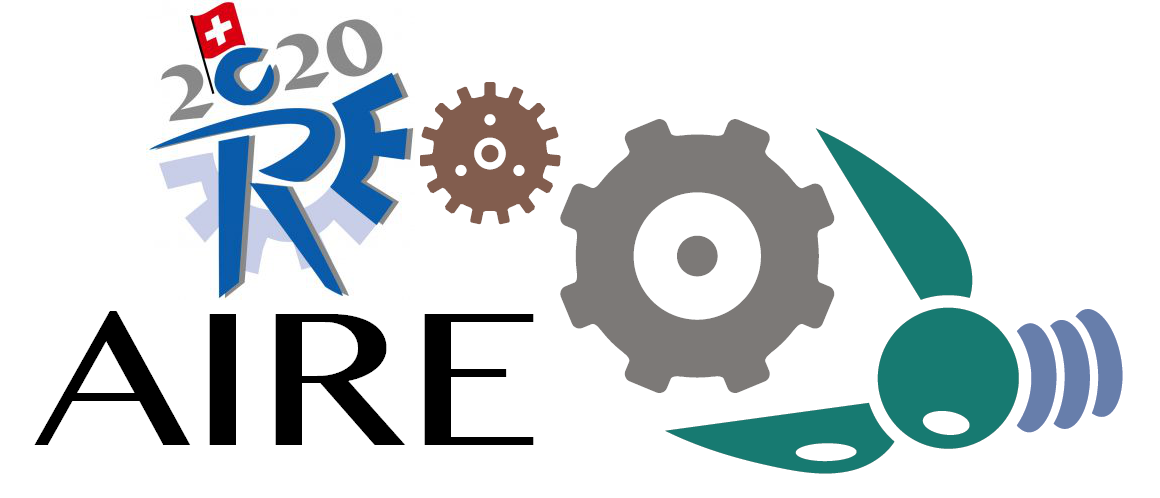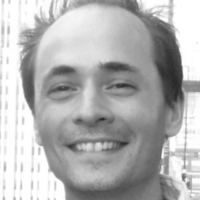
Başak
is an assistant professor in the department of Computer Engineering at Boğaziçi University, Istanbul, Turkey. She received her PhD degree from the University of Trento, Italy. She was a member of the local organization team for REFSQ 2018 and also served as the web chair. She serves as a member of the program committee for RCIS, ER, and REFSQ. Her research focuses on application of artificial intelligence techniques to the requirements engineering domain. She participated in H2020 PACAS project and currently leads the Requirements Engineering for Digital Transformation (RE4DigiTR) (BIDEB 2232 118C255) project funded by the The Scientific and Technological Research Council of Turkey.



